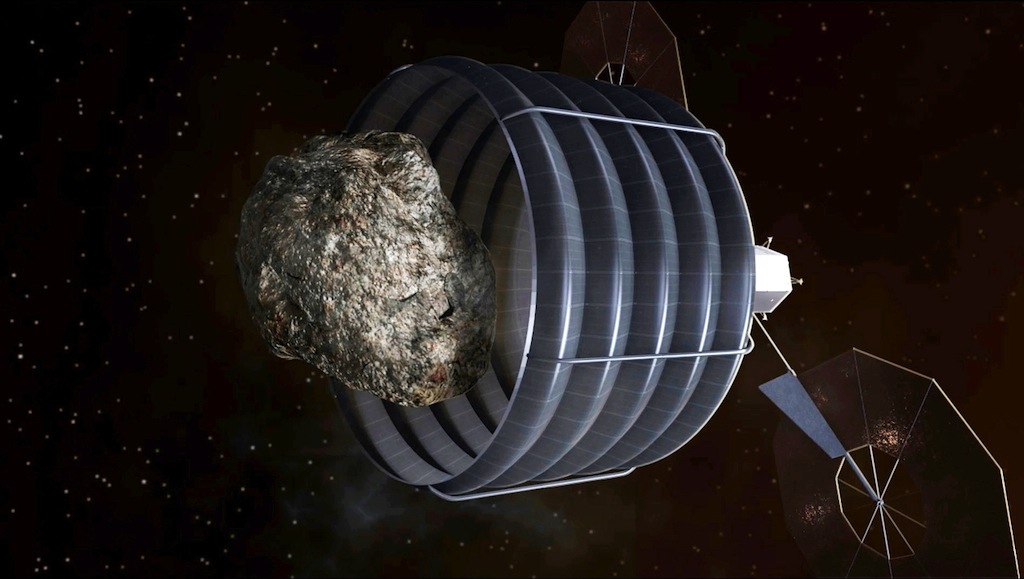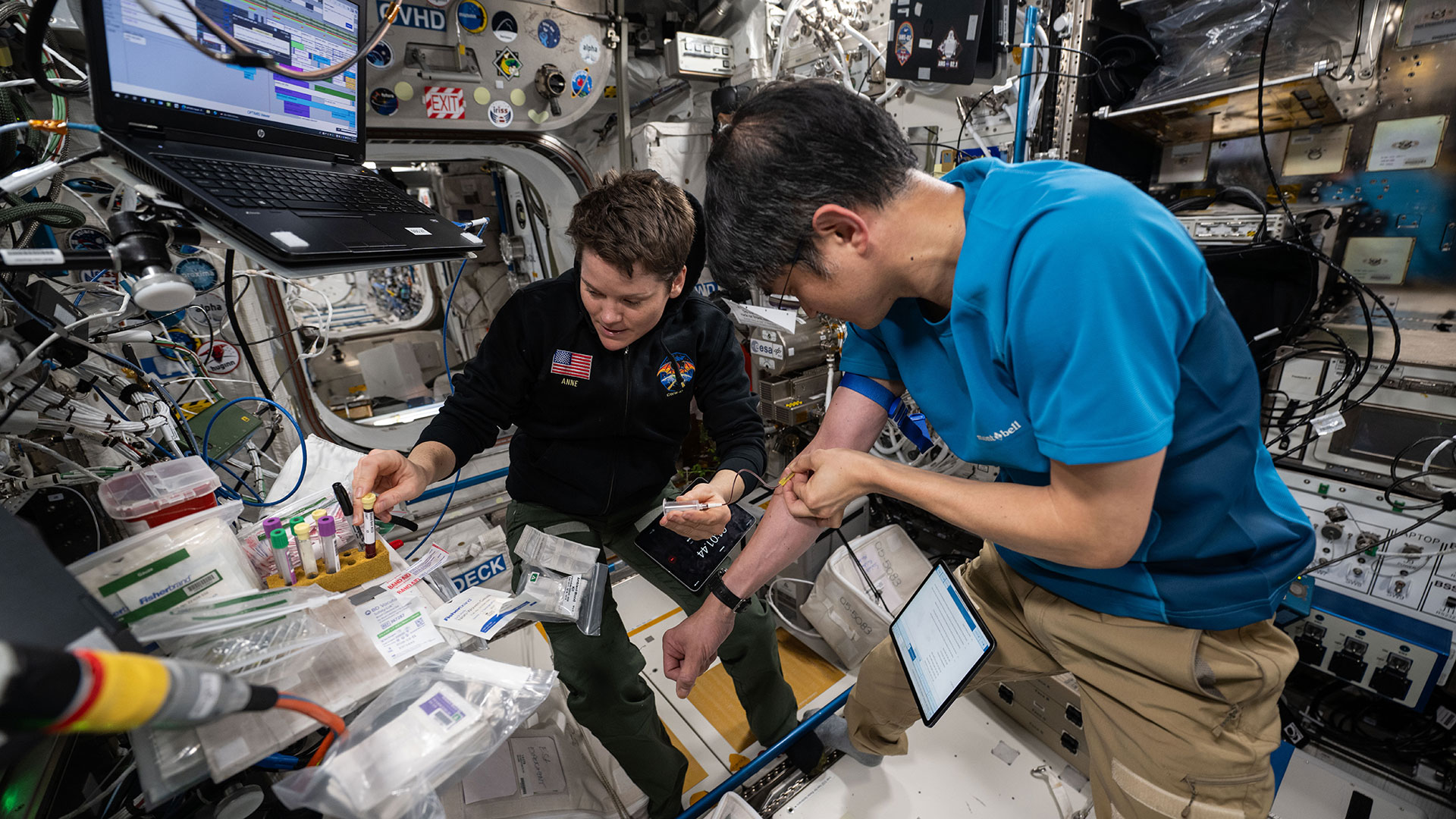For NASA, Mars Beyond Reach Without Budget Boost

If NASA continues to be funded at its current levels, a manned mission to Mars could be permanently beyond reach, space industry experts say.
When asked how soon astronauts could potentially set foot on Mars under NASA's current budget constraints, Thomas Young, the former executive vice president of Lockheed Martin, says the outlook is bleak.
"With the current budget, bear with me, I would probably say never," Young said during a meeting of the U.S. House of Representative's space subcommittee today (June 19). [Boldest Mars Missions of All Time]
Steven Squyres, the principal investigator for NASA's Opportunity rover now exploring Mars, agreed. Squyres, an astronomy professor at Cornell University in Ithaca, N.Y., also gave testimony before the House subcommittee.

Young said that if the public and government officials treat a mission to Mars with the importance of the first mission to the moon, it is possible to put boots on the Red Planet in a little more than a decade from now.
"Mars is harder; there are a lot of significant issues to resolve before going to Mars," Young said. "But I think that if we had the same national commitment to it [as we did to going to the moon], I would say by 2025, we could land on Mars."
The current draft of NASA's budget produced by the House asks the space agency to develop a roadmap that will define the technical capabilities needed to send humans to Mars sometime in the future.
Get the Space.com Newsletter
Breaking space news, the latest updates on rocket launches, skywatching events and more!
"I think the roadmap requirements in the bill are overconstrained," Squyres said. "I think the idea of establishing a roadmap for human exploration of Mars is great. It's one of my favorite provisions in this bill, but I think it would be best to allow NASA to do that problem, to work out that roadmap in its technical details and find the best way to achieve that and then come back with a set of recommendations for what the intermediate milestones should be."
One of those intermediate steps could be another mission to the moon. However, Young doesn't think that a lunar mission is a necessary requirement for setting foot on Mars.
"I do not believe that landing on the moon or operations on the moon is a prerequisite to going to Mars," Young said. "Given Mars as the focus, it's not necessary. It's probably a significant resource consumer that will take away from the time and effort to go to Mars."

As it stands now, the budget draft expressly prohibits NASA from carrying out the asteroid-capture mission that would send a robotic spacecraft to redirect a near-Earth asteroid into lunar orbit. The mission was written into President Barack Obama's draft of the NASA budget released earlier this year.
"While the committee supports the administration's efforts to study near-Earth objects, this proposal lacks in detail a justification or support from NASA's own advisory bodies," Rep. Steven Palazzo said of the proposed mission. "Because the mission appears to be a costly and complex distraction, this bill prohibits NASA from doing any work on the project."
Under the newest draft, NASA's budget comes in at about $16.8 billion and authorizes the space agency to continue operations for another two years, Palazzo said. The bill also cuts almost $650 million in Earth sciences program funding and sets a Dec. 31, 2017, flight readiness deadline for NASA's commercial crew program.
"This authorization bill reflects a sincere effort to maximize return to the taxpayer while working to protect America's role as the world leader in space exploration," Palazzo said. "It is realistic and reflective of the hard choices we must make as a nation and provides support for agreed-upon priorities."
Follow Miriam Kramer on Twitter and Google+. Follow us on Twitter, Facebook and Google+. Original article on SPACE.com.
Join our Space Forums to keep talking space on the latest missions, night sky and more! And if you have a news tip, correction or comment, let us know at: community@space.com.

Miriam Kramer joined Space.com as a Staff Writer in December 2012. Since then, she has floated in weightlessness on a zero-gravity flight, felt the pull of 4-Gs in a trainer aircraft and watched rockets soar into space from Florida and Virginia. She also served as Space.com's lead space entertainment reporter, and enjoys all aspects of space news, astronomy and commercial spaceflight. Miriam has also presented space stories during live interviews with Fox News and other TV and radio outlets. She originally hails from Knoxville, Tennessee where she and her family would take trips to dark spots on the outskirts of town to watch meteor showers every year. She loves to travel and one day hopes to see the northern lights in person. Miriam is currently a space reporter with Axios, writing the Axios Space newsletter. You can follow Miriam on Twitter.
